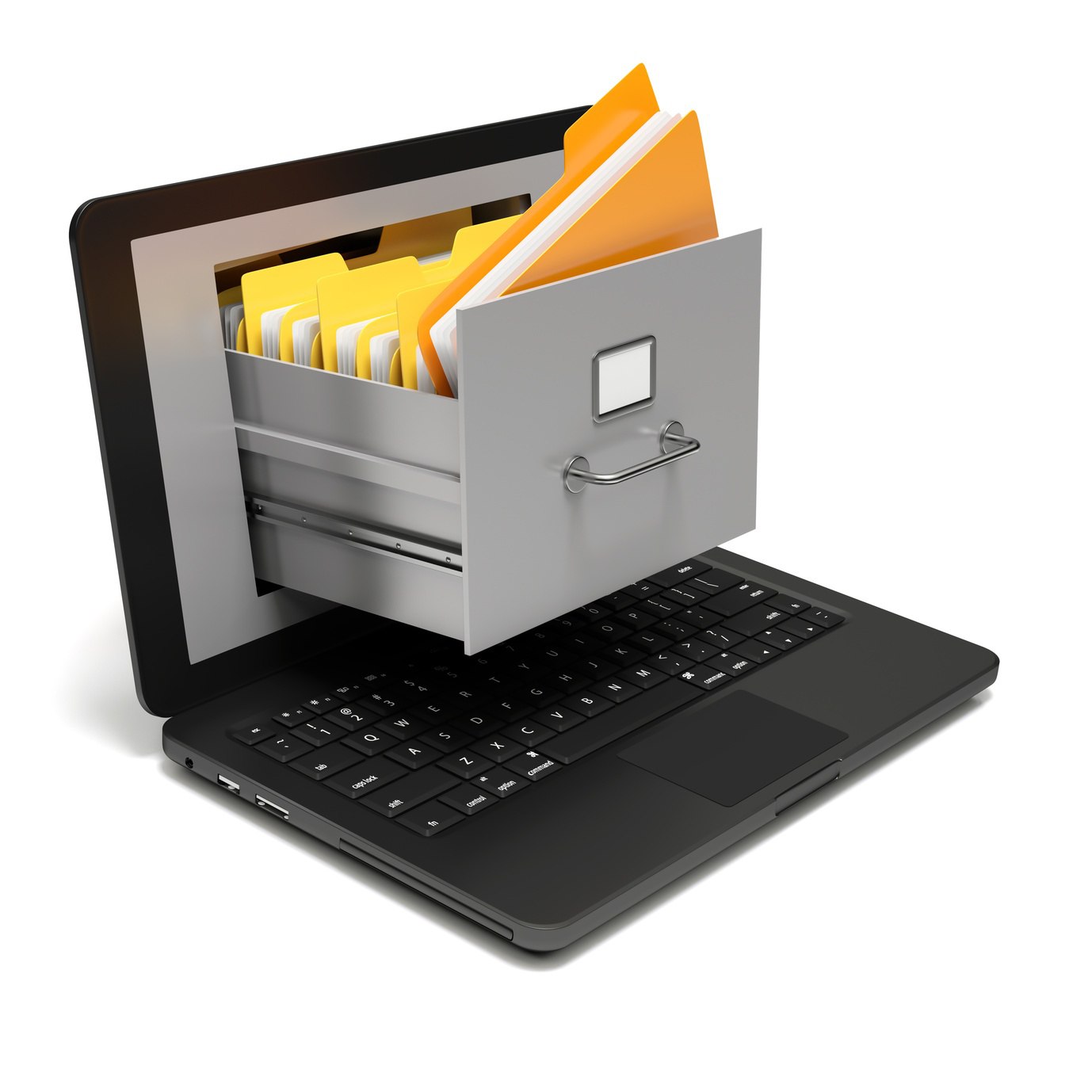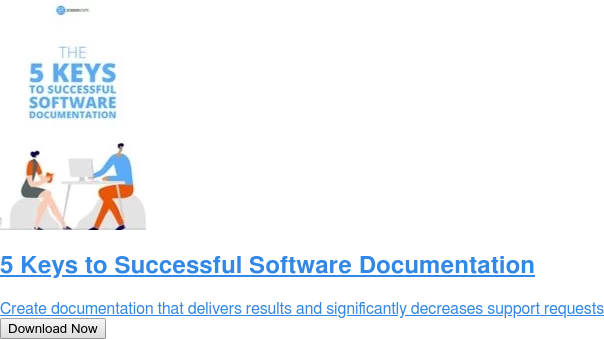Chunking Information to Make It Easier For Your Attendees to Retain
 Our brains struggle to remember more than 5-7 things. We just aren't very good at remembering more than that. But our brains are very good at chunking information.
Our brains struggle to remember more than 5-7 things. We just aren't very good at remembering more than that. But our brains are very good at chunking information.
Chunking information is the process where we break up large amounts of information into manageable chunks. It's almost like putting things into folders.
Let's look at how this works with phone numbers in the United States. I live in Northern Virginia
just outside of Washington DC. There are basically three area codes that I usually run into: 703, 571 (which are both in Northern Virginia), and 202 which is Washington, DC.
Because those area codes are so common when I am memorizing a new phone number, I'm not memorizing all nine digits. I chunk the area code and then memorize the phone number.
So, essentially, I have two folders.
I have the area code folder and the phone number folder. By separating the area code from the main number, I'm reducing the amount of information that I need to remember because I am able to chunk the area code portion of it. When I get a number from somewhere else that I'm not as familiar with, I have to try to remember the entire phone number, and that becomes much more difficult for me to do.
How to help your attendees chunk information
What you want to do is help your attendees chunk information. How do you do that? You deliver your information in chunks.
Set up a hierarchy of information, and on each level of the hierarchy, make sure you don't have any more than 3-5 bits of information.
For example, in your live training, you are going to have three main topics that you want your attendees to take away. Three main bits of information.
Let me give you an example. Let's say that I am trying to get a new group to adopt a new process. I need to help them understand how it is going to fit in their organization and how it is going to help them do their job better. I might take a scenario approach. I will teach them three things:
- When they need to capture customer information
- How they need to capture it
- How they can use it
That seems simple enough. Only three things to remember. Now let me put this into a scenario.
Example scenario
John meets Amanda at a networking event. He realizes that she works at ACME corporation and that they have a need for widgets. John sells widgets but Amanda isn't the person in charge of purchasing widgets. But she is willing to put John in touch with with Karen who is in charge of purchasing widgets at ACME.
How is this going to help in this situation?
- John will learn that he needs to capture information when:
- He recognizes the potential for a sales opportunity
- He recognizes the need for follow-up at a later date
- John will then capture that information by (this is the how):
- Getting Amanda's Contact information
- Adding what information he knows about Karen
- Creating a follow-up task
- John will later use this information to:
- Send a follow-up email to Amanda to introduce Karen.
- Refresh his memory as he has further interactions with both Karen and Amanda.
By taking a more complicated scenario and chunking the information, I can make the information much easier to remember.
Endless chunking?
Now, you do have to be careful. You can't endlessly chunk information in a training session. There is a limit to how far you can go (Be sure to read this post about how to deal with information you can't cover in a single live training session). But helping your attendees chunk information will really increase their retention.


